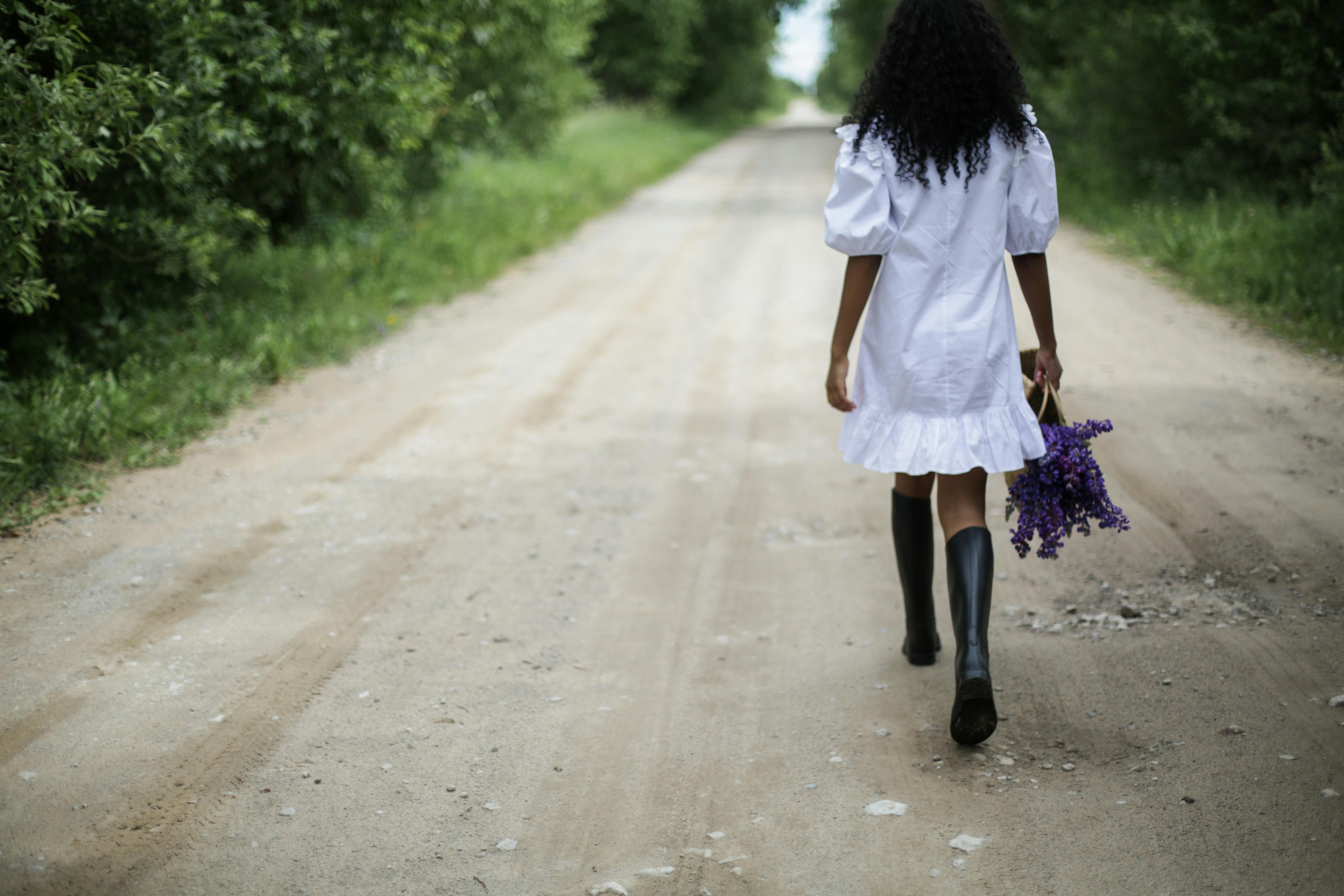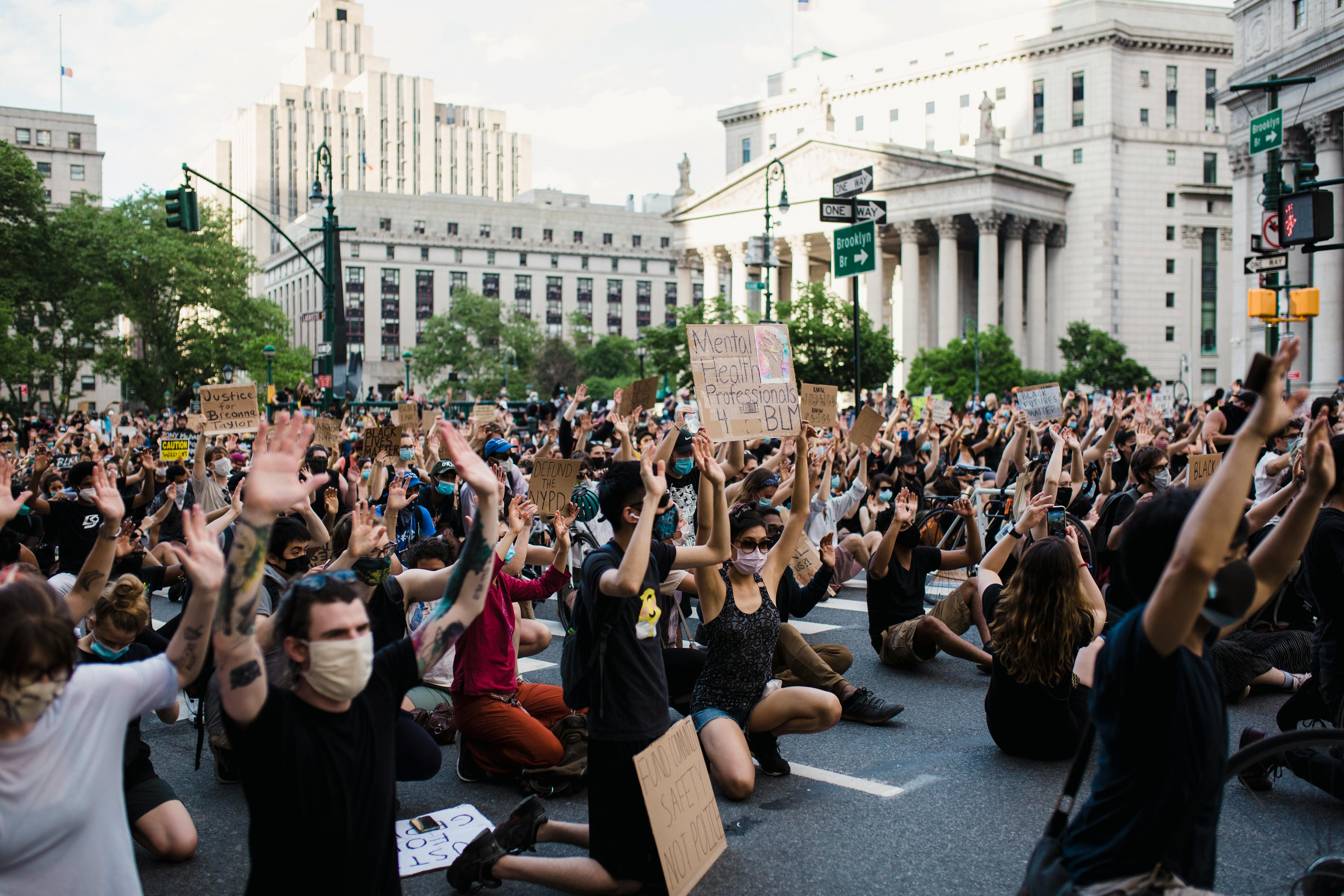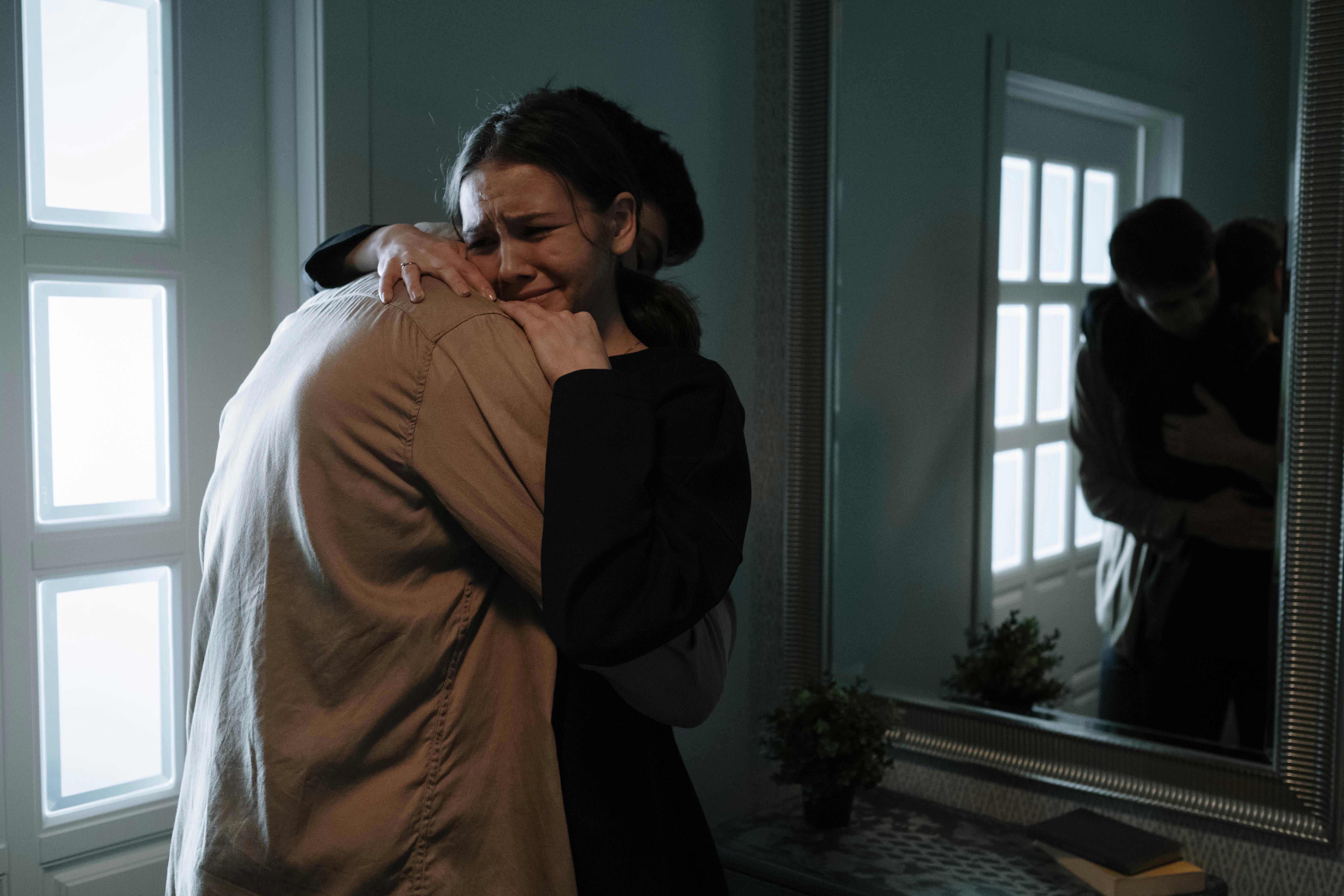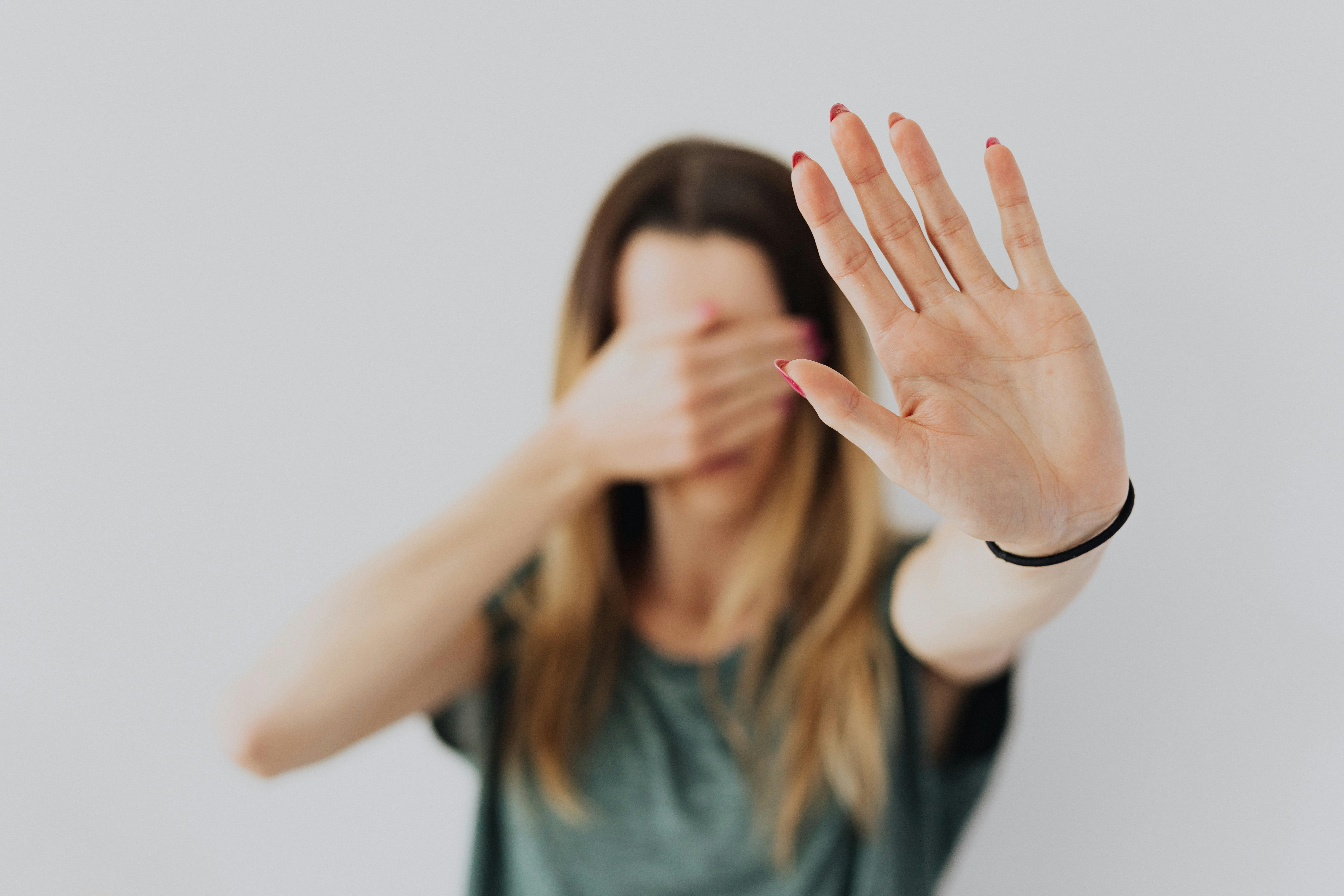
Escapism vs Healing: Why We Vacate Over the Holidays and What It Does to Our Mental Health
By: Esther Omoyele
It’s that time of the year again. Flights are booked. Bags are packed. Instagram is alive with sunsets, poolside smiles, and the not-so-subtle captions about "healing in Bali" or "finding peace in Ghana."
But underneath the curated joy and breathtaking landscapes lies a question worth asking:
Are we truly healing during the holidays, or are we just escaping?
As the year winds down, many of us feel the urgent need to “get away.” For some, it's a reward for months of non-stop hustle. For others, it’s an attempt to outrun the anxiety, burnout, grief, or even loneliness that bubbles up during the holidays. But what are we actually running from—and what happens when we return?
Why We Vacate: The Need to Escape
Life is heavy, let's face it. We have experienced personal losses, economic instability, collective grief, and the incessant barrage of productivity culture telling us we aren't doing enough.
So we leave.
We need a vacation from our routines, so we move out.
We leave in the hopes that a new environment will evoke different feelings in us.
We leave because we want to feel in charge of our lives, our time, our surroundings, and even ourselves.
However, there are times when we leave because we don't want to be in the silence. Because feelings we haven't fully processed can cause the quiet to become loud. It's also simpler to forget what's hurting underneath when we fill our days with activities, airports, food, beverages, and carefully planned memories.
That's right here, the line between healing and escapism.
Escapism: A Temporary Relief
Escapism is not always a bad thing. Unplugging, sleeping in, and not giving things too much thought are all necessary sometimes. The issue arises when taking a vacation turns into a way to avoid feeling anything.
Escapism is similar to covering a wound that requires sutures with a bandage. From the outside, it may appear to be fine, but the wound hasn't healed—it has simply been concealed.
Escapism can manifest itself in the following ways over the holidays:
You spend so much time planning your vacation that you become exhausted.
You spend on the spur of the moment to feel anything.
You steer clear of emotional triggers (family, loneliness, past traumas) without making an effort to comprehend them.
As soon as the holiday is over, you are filled with dread.
The peak subsides. You return home. And the emotions remain, waiting.
Healing: An Intentional Journey
Conversely, healing requires more of us but provides us with so much more in return. It doesn’t always look glamorous. Sometimes it's crying on the beach rather than taking pictures. Sometimes it’s journaling in your room instead of partying. Sometimes that means choosing quiet over noise, rest over movement.
To heal is to gently face oneself. You should sit with your discomfort rather than run away from it. It poses queries such as:
What is my body requesting?
This holiday, what do I actually need?
Am I reaching for something, or am I fleeing?
True healing might happen during a vacation—but it doesn’t require one. It can occur in quiet moments, such as when you go for a solo walk, switch off your phone, prepare meals for yourself, forgive someone, or forgive yourself.
The Mental Health Impact
Holidays can undoubtedly improve mental health when taken intentionally. They allow us to unwind, think, and re-establish a connection with our inner child. They enable us to take a broader view of our lives.
However, holidays can actually make people more anxious if they turn into just another performance, another way to avoid, or another pressure to "make the most of it."
Even after spending time and money, we still feel exhausted when we get home.
We are stuck in this cycle: run, leave, return, crash.
So, What Should We Do?
This season, try these mindful actions to help you move from escapism to healing:
- Make a plan for your vacation. Rest, in a nutshell? Clarity? Joy? Follow that.
- Make room for silence. Avoid overscheduling, even if you travel. Allow space for silence and spontaneity.
- Reduce your exposure to digital distractions. Don't perform your peace throughout the entire holiday. Go through it.
- Select sustenance. It could be journaling, dancing, prayer, warm food, laughter with safe people, or sleep.
- Experience the sensations. Acknowledge any feelings of sadness, grief, or loneliness that arise. You are a human. That is therapeutic.
Holidays can be a time of magic, but they can also be a mirror. Escapism gives us a break. Healing gives us freedom.
This season, give yourself the gift of checking in with your real needs. Rest, breathe, cry if you need to, laugh when it comes. You don’t have to go far to return to yourself.



